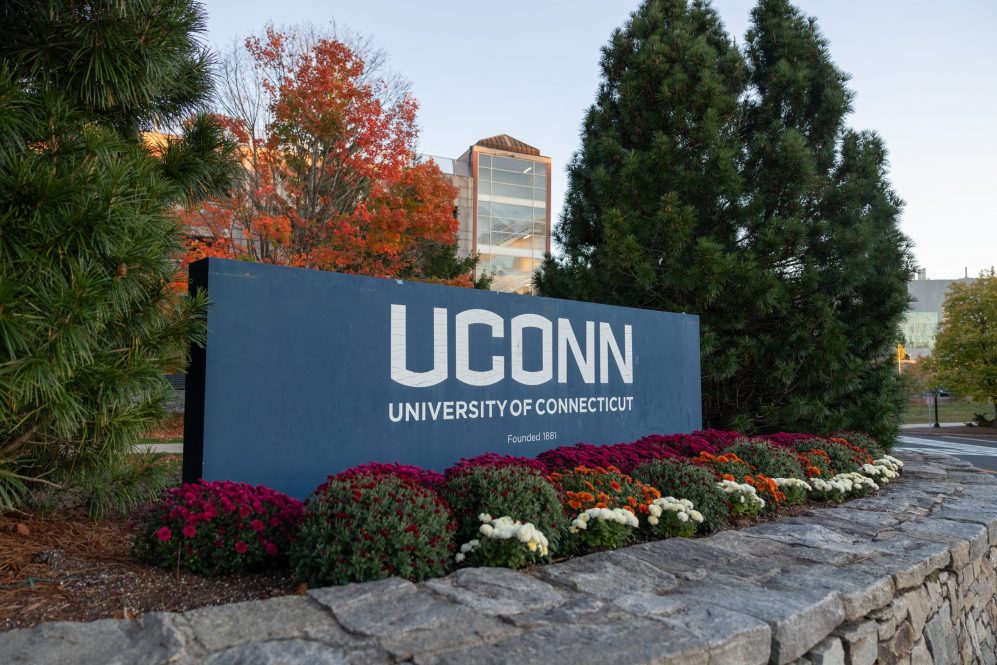The vast majority of small academic programs under review by UConn administrators are expected to remain in place when the Provost’s Office presents its recommendations next week to the UConn Board of Trustees.
The University started its review last spring of low enrollment and/or low completion programs and has been working with deans and department heads in recent weeks on next steps, which will be presented to the board and its Academic Affairs Committee.
The review – a standard process at universities nationwide – helps UConn maintain the right balance of programs to support its institutional mission, meet students’ needs, and make the best use of its resources.
It also serves as an organizational tool to identify and remove majors from the catalog that had already been suspended in previous years but were never taken off the books, and to help build interest in small majors that have the capacity to enroll more students.
The Provost’s Office said throughout the process that very few majors would be affected, especially since many have specific pedagogical or accreditation reasons for their small size.
The review has borne that out: Of the 205 programs identified with low enrollment and/or low completion rates, at least 145 will remain in place with some modifications and improvements, and 36 others remain under review with no decision made yet.
“A lot of great ideas have been brought forward about ways to create efficiencies by doing things like combining some gateway classes, leveraging our amazing Early College Experience program, reaching out to high schools, creating summer programs, and increasing that pipeline of students into different degrees,” Anne D’Alleva, UConn’s provost and executive vice president for academic affairs, told the University Senate on Monday.
Five small academic programs with very few enrolled students would be recommended for suspension and six concentrations would be consolidated under two majors, according to a preliminary review. The University has reassured students that it has “teach-out” plans to let them finish any discontinued major.
“Any student who embarks on a degree here in good faith will be able to complete that degree here,” D’Alleva said. She also noted that all decisions around program modifications, suspensions, and closures have been made by the faculty, department heads, and deans, not by the administration.
The review also found 13 programs still on the books that had already closed and/or were winding down due to previous decisions.
The specific current programs being considered for suspension or consolidation were not named Monday, and will be discussed next week by the UConn Board of Trustees on Dec. 11 and its Academic Affairs Committee one day earlier.
The potential impact on students is limited, since only 8% of the nearly 6,000 undergraduate degrees completed at UConn in an average year are in majors with 20 or fewer average annual completions. Across all levels of undergraduate and graduate programs, more than 90% of completions are in programs that are above the threshold set for review.
The process did not target any particular disciplinary field and made no assumptions about the programs. Being included in the process did not signal anything other than the fact that the programs’ enrollment and completions were below the threshold that initiated the review process.



